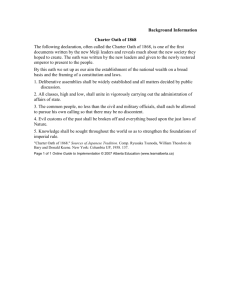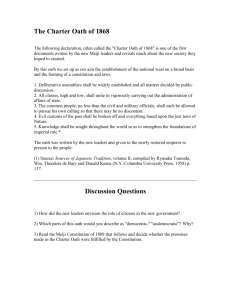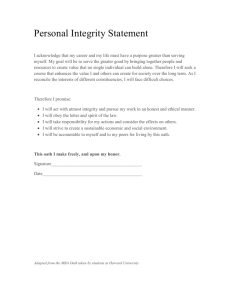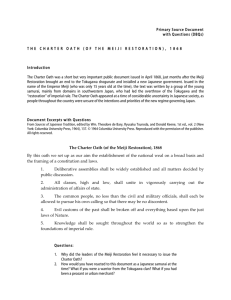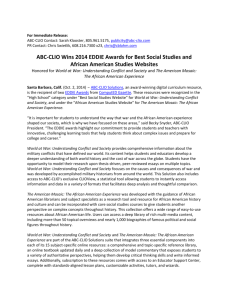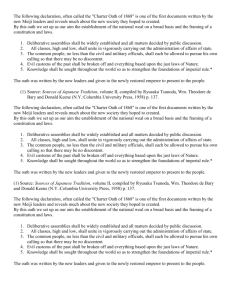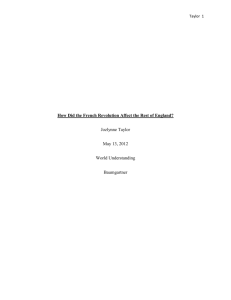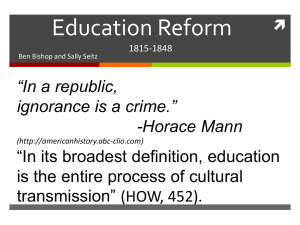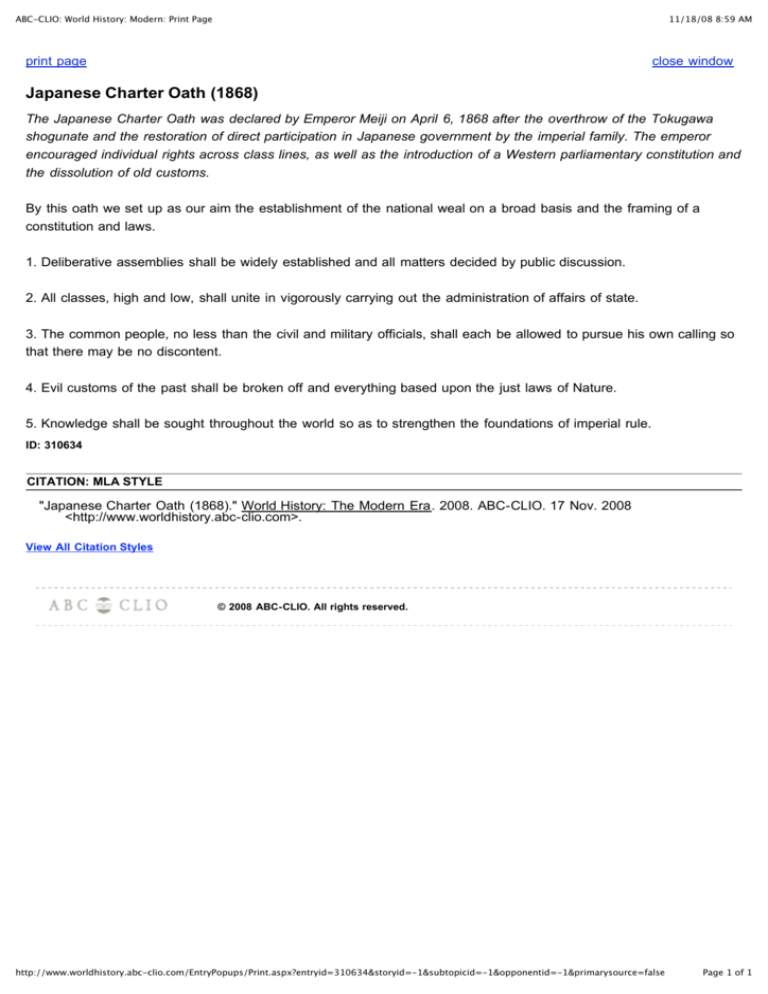
ABC-CLIO: World History: Modern: Print Page
11/18/08 8:59 AM
print page
close window
Japanese Charter Oath (1868)
The Japanese Charter Oath was declared by Emperor Meiji on April 6, 1868 after the overthrow of the Tokugawa
shogunate and the restoration of direct participation in Japanese government by the imperial family. The emperor
encouraged individual rights across class lines, as well as the introduction of a Western parliamentary constitution and
the dissolution of old customs.
By this oath we set up as our aim the establishment of the national weal on a broad basis and the framing of a
constitution and laws.
1. Deliberative assemblies shall be widely established and all matters decided by public discussion.
2. All classes, high and low, shall unite in vigorously carrying out the administration of affairs of state.
3. The common people, no less than the civil and military officials, shall each be allowed to pursue his own calling so
that there may be no discontent.
4. Evil customs of the past shall be broken off and everything based upon the just laws of Nature.
5. Knowledge shall be sought throughout the world so as to strengthen the foundations of imperial rule.
ID: 310634
CITATION: MLA STYLE
"Japanese Charter Oath (1868)." World History: The Modern Era. 2008. ABC-CLIO. 17 Nov. 2008
<http://www.worldhistory.abc-clio.com>.
View All Citation Styles
© 2008 ABC-CLIO. All rights reserved.
http://www.worldhistory.abc-clio.com/EntryPopups/Print.aspx?entryid=310634&storyid=-1&subtopicid=-1&opponentid=-1&primarysource=false
Page 1 of 1

